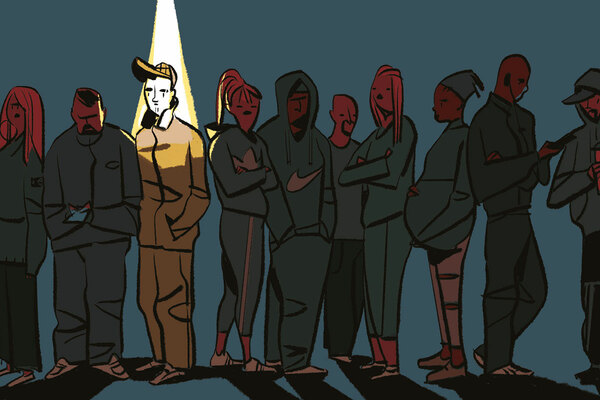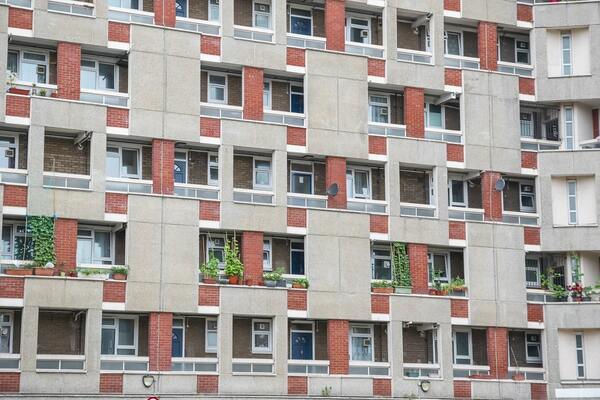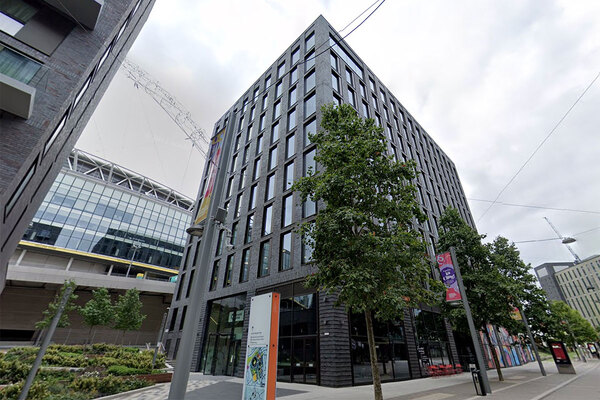Council taken to court over allocation scheme that ‘removes homeless families from housing register’
A London council’s allocations scheme which is accused of “removing a very significant proportion of homeless people” from its social housing register is to be challenged in the High Court.
Lambeth Council is being challenged over the lawfulness of its ‘Temp to Settled’ policy, which offers to assign a higher level of priority to homeless households on the social housing register if they withdraw their homeless application and move into private rented accommodation.
However, those who have accepted this offer and moved outside the borough have then found themselves removed from the list due to the loss of a local connection.
The claim, which has been brought by an anonymous resident affected by the policy, argues that the scheme disadvantages homeless families. The claimant is seeking to be restored on the housing waiting list and have the policy declared unlawful.
Lambeth Council said it rejects the claims and said the scheme helped 266 households secure suitable housing in 2018/19.
In a letter sent to the claimant in 2016, seen by Inside Housing, Lambeth Council said it would increase the claimant’s priority on the housing waiting list from ‘C1’ to ‘B’ if they agreed to withdraw their homeless application.
The council said doing so would give the claimant a “much better chance of successfully bidding for a property” than those with C1 priority.
According to Lambeth Council’s allocation policy, households in band B are deemed as high priority while those in Band C are deemed medium priority.
The claimant and their family was placed in accommodation in Croydon in south London but did not get a house on Lambeth Council’s waiting list over a two-year period.
They then claim after that the two-year period they were removed from the council’s online bidding system “without explanation” when they lost their local connection to the borough.
Under Lambeth Council’s current allocation policy, households are removed from the social housing waiting list if they have lived outside of Lambeth for two years.
The average wait time for housing in Lambeth for households in band B is 5.5 years, or 6.8 years for families who need more than one bedroom, according to data released to the Public Interest Law Centre (PILC), which is representing the claimant.
Of the 1,346 households in band B on the council’s waiting list as a result of the scheme in September, 494 (37%) lived outside of Lambeth, according to PILC’s research.
The claimant also argues the scheme is disadvantageous as there is no statutory requirement for private temporary accommodation provided as part of the Temp to Settled scheme to be ‘suitable’.
This differs from private accommodation offered by councils as part of a homelessness application, which families can ask the council to review if it is found to be unaffordable, in bad condition or overcrowded, for example.
Helen Mowatt, a solicitor at PILC, told Inside Housing, families are “clearly not being properly informed about the true effects of the scheme” and are being “wrongly” advised that they will have a better chance of securing permanent accommodation by choosing it.
Lambeth Council said the scheme is “entirely voluntary” and “fully communicated”.
Elizabeth Wyatt, from campaign group Housing Action Southwark and Lambeth, said the local authority is “exploiting vulnerable families’ desperation for secure council homes” and “turning access to council housing into a gamble”.
A spokesperson for Lambeth Council said: “This is a homeless prevention scheme helping the homeless find affordable private rented accommodation.
“Assisting people in finding private rented accommodation is common practise among local authorities and stopping it would leave more people in temporary accommodation and for longer.
“We are proud of having a very good homeless prevention service which helps hundreds of people a year find suitable homes.”












